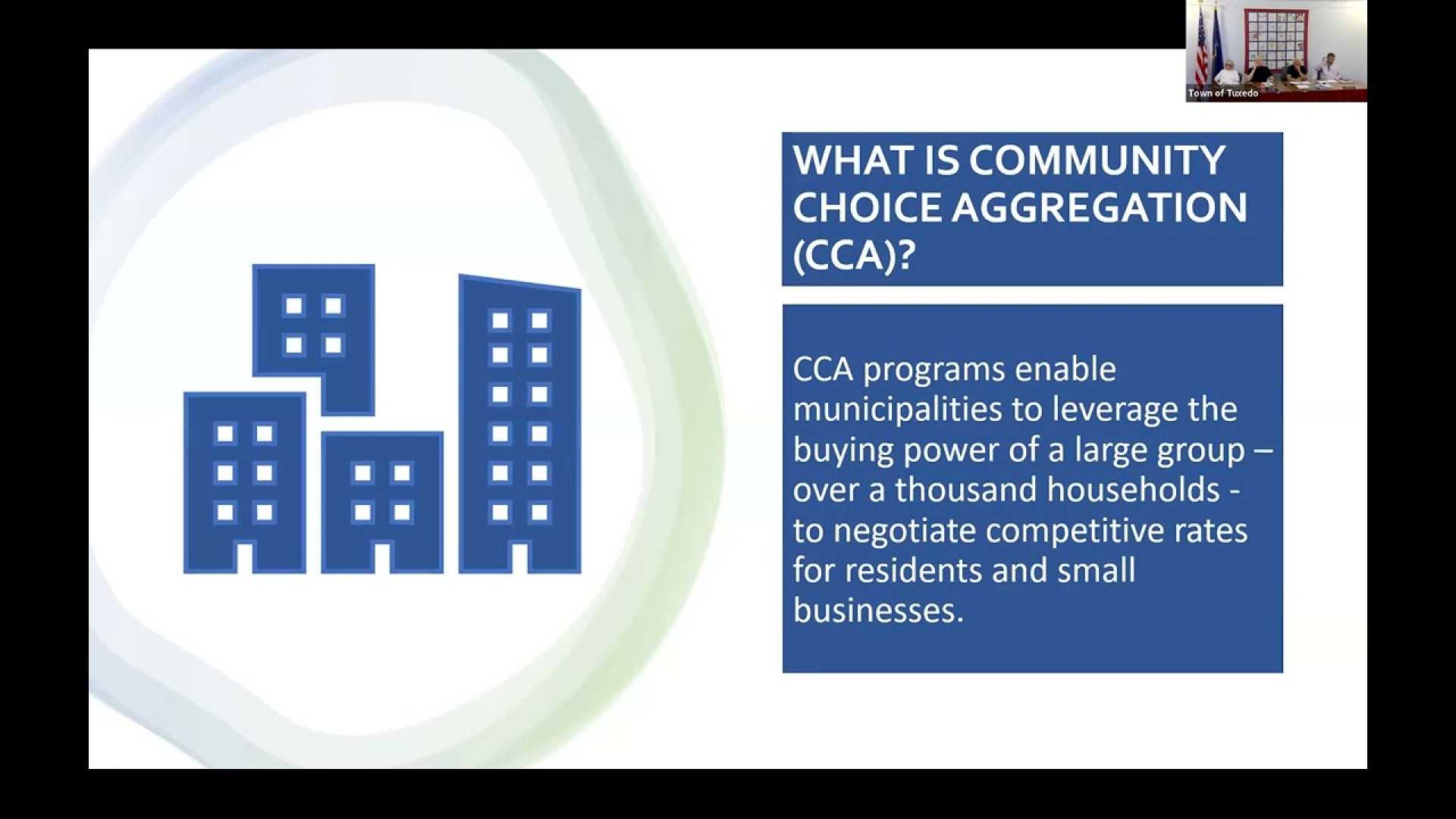Business
Corporations Shift Gears: The Rise and Fall of DEI Initiatives

New York, NY — In a significant shift, major U.S. corporations are reevaluating and scaling back their Diversity, Equity, and Inclusion (DEI) initiatives, driven by public backlash, legal challenges, and a shifting political landscape.
The backlash against DEI programs gained momentum after Anheuser-Busch InBev faced intense criticism for Bud Light‘s partnership with transgender influencer Dylan Mulvaney in April 2023, leading to a consumer boycott and a 20-30% drop in sales. Anson Frericks, former president of sales and distribution at Anheuser-Busch InBev, highlighted the misalignment between corporate strategies and consumer expectations, stating, ‘The message was clear: nobody wants Bud Light to be close to politics.’ Frericks also noted the impact of moving the company’s headquarters from St. Louis, a Midwestern hub, to New York, which shifted marketing strategies towards more progressive campaigns that alienated core customers.
Target, another major corporation, has also scaled back its DEI commitments. Following its 2020 pledge to increase Black workforce representation by 20% and support Black-owned businesses, Target faced backlash over its Pride Month merchandise, leading to a drop in quarterly sales. The company has since replaced its DEI-focused initiatives with a broader ‘Belonging at the Bullseye’ strategy, focusing on inclusion without specific race-based targets. CEO Brian Cornell emphasized that ‘Belonging for all is an essential part of our team and culture, helping fuel consumer relevance and business results.’
These changes reflect a broader trend across corporate America. Companies like Google, Meta, and Amazon are ending DEI hiring targets and scaling back diversity programs, citing legal risks and shifting consumer sentiment. This shift is partly in response to former President Donald Trump‘s executive orders banning DEI in federal agencies and government contracting, as well as Supreme Court rulings against affirmative action in college admissions.
The legal landscape remains uncertain, with the Supreme Court poised to hear cases challenging DEI practices in corporate hiring. Constitutional law experts argue that while some companies may continue DEI under the guise of ‘diversity and inclusion,’ others may face legal challenges if practices are deemed to involve racial quotas. As one corporate lawyer noted, ‘The courts have narrowly allowed race-based policies only to address past discrimination, making it difficult to justify such practices in today’s corporate environment.’
Despite the challenges, some companies like Microsoft, Apple, and JPMorgan continue to champion DEI, believing it aligns with business success and societal good. Jamie Dimon, CEO of JPMorgan, stated, ‘DEI is a corporate necessity because it’s good for society and good for business, thus totally legal.’ However, critics argue that these policies may undermine meritocracy and alienate customers.
The controversy over DEI has sparked debate among consumers and stakeholders. While some supporters view the rollback of DEI as a retreat from social responsibility, others see it as a necessary adjustment to avoid alienating customers and navigating legal minefields. As companies navigate this complex terrain, the future of DEI in corporate America remains uncertain.












